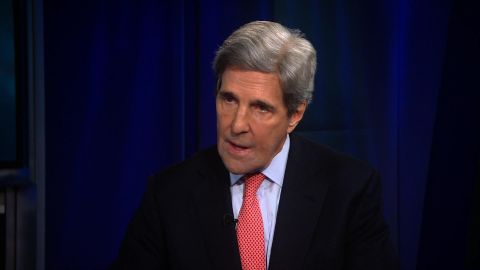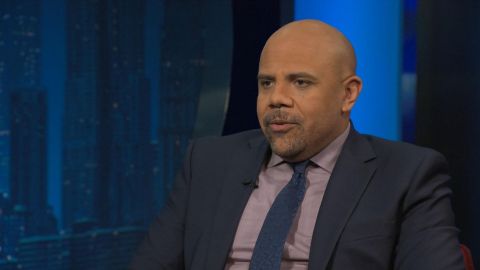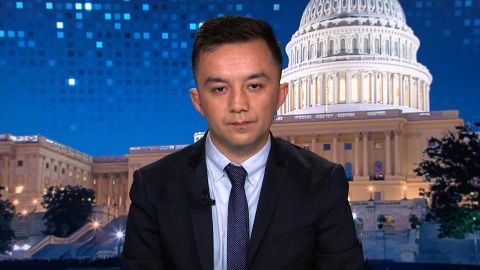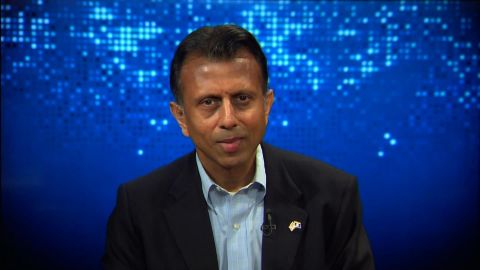Read Transcript EXPAND
CHRISTIANE AMANPOUR: What do you think when you see that element of Uyghur culture and heritage being destroyed, according to this report?
FERKAT JAWDAT, UYGHUR ACTIVIST: First of all, thanks for having me here today. And then, second, it is really hard to see, because we most often talk about the concentration camps, but except the concentration camp, there is many different aspects of the Uyghur culture, Uyghur identity are being destroyed. Like, the kids like a couple of months old to teenage ages, they are being forced to separate from their own families, and then put into the state-run orphan centers. And then the adults, including my mother and my other relatives, my aunts, uncles, cousins, they were forced to send to concentration camps and then stayed indefinitely. And then many of them, they are still in those places. On the same time, there is destroyed cemeteries where the old people, even the old dead people, they can’t even rest peacefully. So that’s the destruction from every single side of the Uyghur culture, Uyghur history, Uyghur identity. And then it is — it fits all the description, all the labels of the genocide and the cultural genocide.
AMANPOUR: So let me ask you, of course, about your mother, because, as we said, she was taken to the camp. Eventually, she has been released from those camps. She spent time in prison, but she’s now at home. What are you able to — how are you able to communicate with her? How is she? Is she free to come and go? Are you free to come and go?
JAWDAT: So, first of all, yes, she is released after spending more than 15 months between multiple camps and then a factory, and then also more than three months in the prison. But she was released from the camp or the prison, but, actually, she is in an open air prison right now. All the moment and then everything that we talk to is, like, monitored by the Chinese police. So I can’t even ask her about what was her experience during the 15 months in those places. She just left from the hospital for the seventh time in six months that she was released yesterday. And then, this morning, I spoke to her only for three minutes, because she had really high blood pressure. Her blood pressure is already over 200.
About This Episode EXPAND
John Kerry speaks to Christiane Amanpour about climate change and last week’s COP25 summit, Bobby Jindal gives a Republican perspective on impeachment and Ferkat Jawdat discusses China’s treatment of its Muslim Uyghur minority. Plus, Steven W. Thrasher tells Hari Sreenivasan about the HIV/AIDS crisis in the U.S.
LEARN MORE



